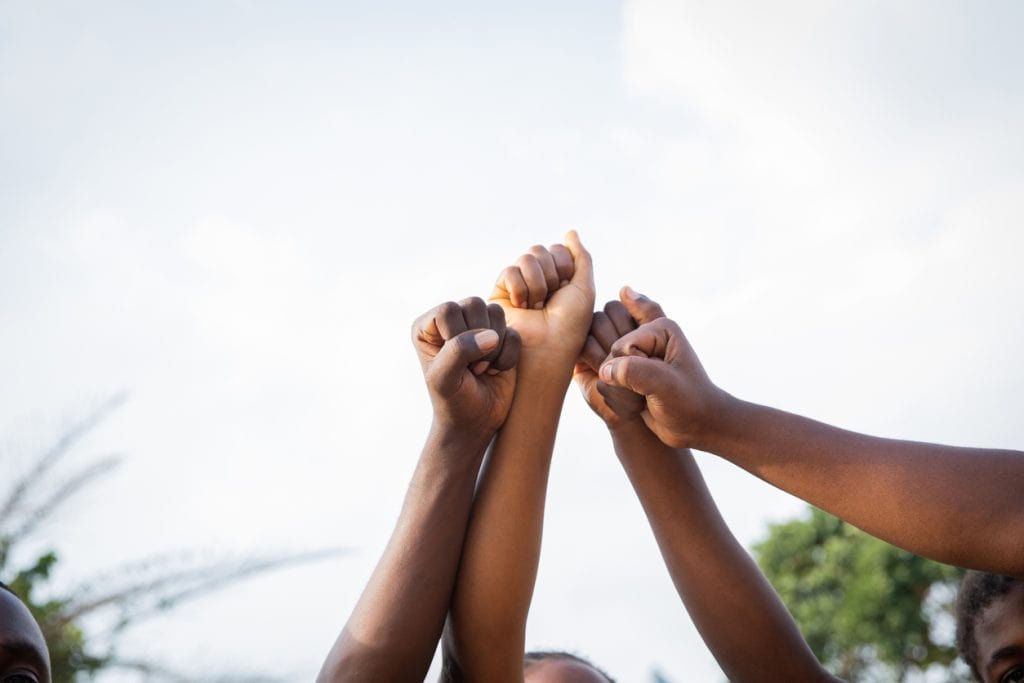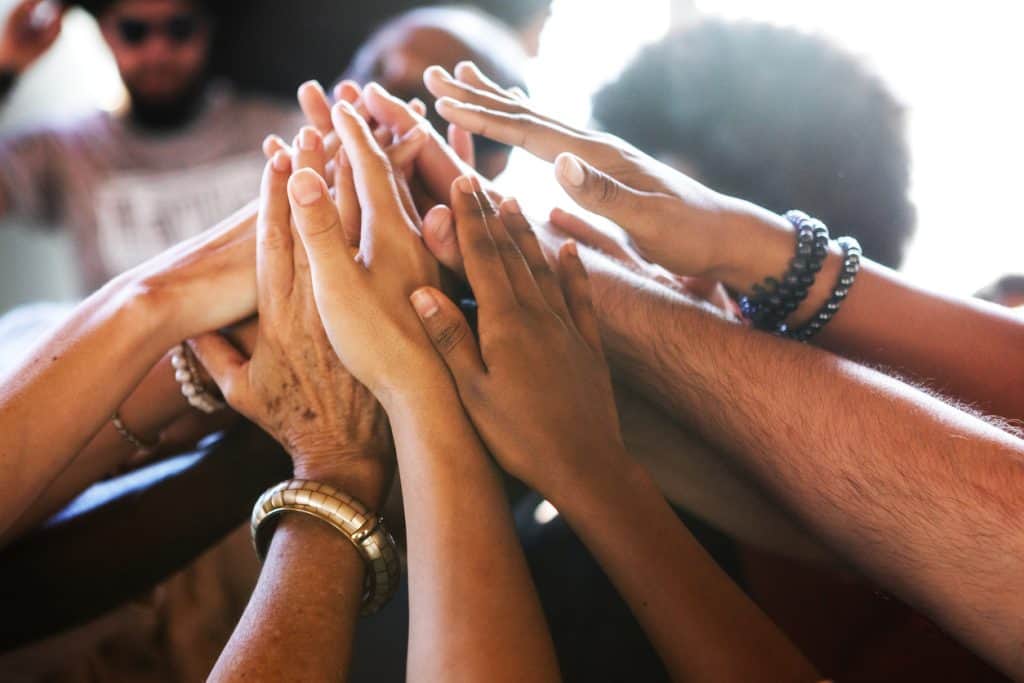Black History Month is a time to honor not just our past achievements, but also our ongoing journey toward collective healing and wholeness. As a Black therapist with nearly two decades of experience, I want to speak directly to those carrying the weight of existence in spaces that weren’t built for us, yet where we continue to thrive.
The field of psychotherapy itself has a dark history with the Black community – from unethical experiments and exploitation to pathologizing our natural responses to oppression. This history of medical racism has understandably left many wary of seeking mental health support. Yet, Black therapists across the country are working tirelessly to transform these spaces into genuine sanctuaries for our community’s healing.
The exhaustion is real. Code-switching in professional spaces, processing endless headlines of racial injustice, shouldering expectations of excellence while facing constant scrutiny – these daily experiences leave imprints on our spirits. The recent scaling back of federal DEI programs and Black History Month celebrations adds another layer to this burden, reflecting a familiar pattern of institutional resistance to our full recognition and inclusion.
But our community’s strength has never depended on institutional recognition. We’ve always created our own spaces of healing and mutual support. Seeking therapy with a culturally competent provider is part of this tradition of self-preservation and community care. When you step into a therapist’s office, you’re participating in a lineage of resistance against systems that would prefer we remain silent about our struggles.
For those considering therapy, I understand the hesitation. Will the therapist understand the weight of being “the only one” in the room? Will they recognize racial trauma without requiring you to explain or justify it? These concerns are valid, and they’re why finding a culturally competent, anti-racist therapist matters deeply.
At Mosaic Bloom Counseling, we understand that healing isn’t just about managing symptoms – it’s about reclaiming your right to peace, joy, and authentic expression. Your healing matters, not because it makes you more productive or palatable to others, but because you deserve the space to breathe, to feel, to process, to grow.
Take that first step when you’re ready. Your ancestors dreamed of a future where we could heal, and you’re making that dream real.


